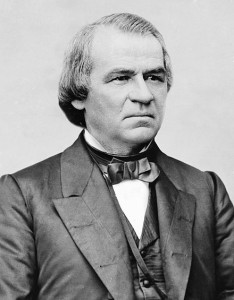The release of the Mueller Report with his painful conclusion that there was no Trump Russia collusion, has sent the political left on a search for another issue. “Obstruction of Justice” is not working out so the strategists at the New York Times, GHQ of the Trump Resistance, has settled on a new theme, explained at an Editorial Board meeting last week.
A transcript of a recording was obtained by Slate.
In the 75 minutes of the meeting—which Slate obtained a recording of, and of which a lightly condensed and edited transcript appears below—Baquet and the paper’s other leadership tried to resolve a tumultuous week for the paper, one marked by a reader revolt against a front-page headline and a separate Twitter meltdown by Jonathan Weisman, a top editor in the Washington bureau. On Tuesday, the Times announced it was demoting Weisman from deputy editor because of his “serious lapses in judgment.”
The headline issue was a hilarious swap of headlines after the first was considered too friendly to Trump.
[R]eader expectations of the Times have shifted after the election of President Trump. The paper… saw a huge surge of subscriptions in the days and months after the 2016 election… The Times has since embraced these new subscribers in glitzy commercials with slogans like “The truth is more important now than ever.” Yet there is a glaring disconnect between those energized readers and many Times staffers, especially newspaper veterans. [Executive Editor Dean] Baquet doesn’t see himself as the vanguard of the resistance… He acknowledges that people may have a different view of what the Times is, but he doesn’t blame the marketing. “It’s not because of the ads; it’s because Donald Trump has stirred up very powerful feelings among Americans. It’s made Americans, depending on your point of view, very angry and very mistrustful of institutions.
So, readers who hate Trump went nuts after the first headline was not angry enough.
So, what to do ?
But there’s something larger at play here. This is a really hard story, newsrooms haven’t confronted one like this since the 1960s. It got trickier after [inaudible] … went from being a story about whether the Trump campaign had colluded with Russia and obstruction of justice to being a more head-on story about the president’s character.
In other words, the New York Times went all in on RussiaGate and that exploded in their faces, so now they’ve had to shift their Main Narrative to denouncing Trump as racist:
